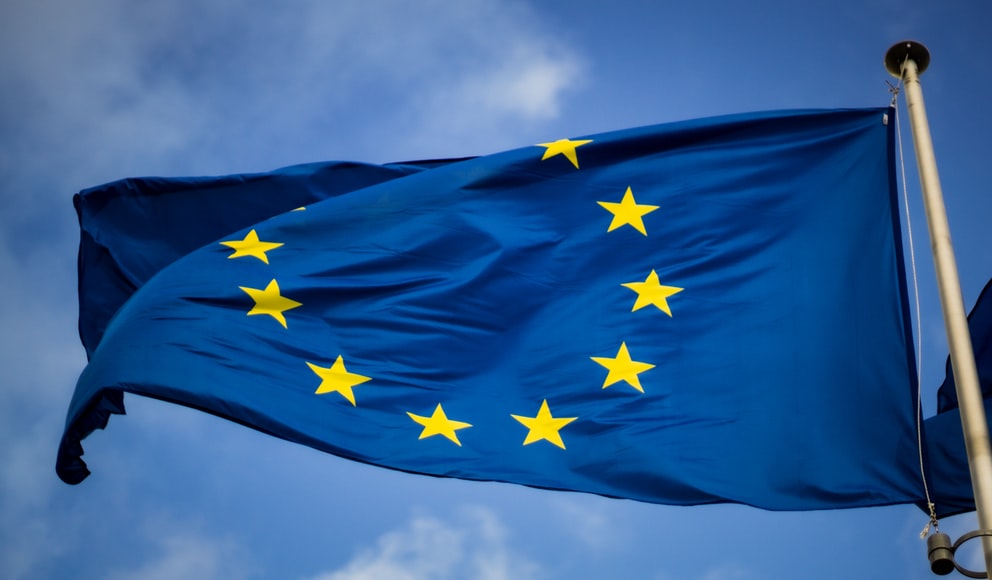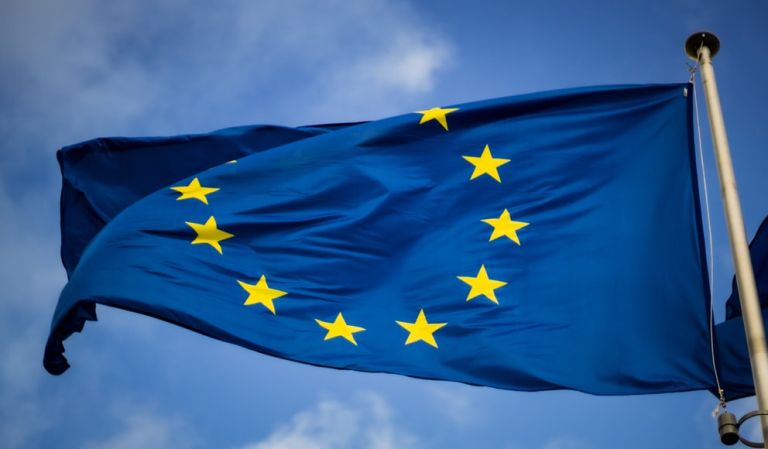
Towards a Europe of Cybersecurity
Articles by the same author:
1
3
4



On 15 September, the President of the European Commission, Ursula von der Leyen, gave her State of the Union address to the European Parliament.
The issues related to the pandemic were of course important, but the digital topic came up several times in the President’s speech, who called for “the attention of leaders and a structured dialogue at the highest level.”
Recalling the need to invest in digital skills[1], the President stressed the importance of mastering the technologies that are shaping the digital transformation: 5G, fibre, artificial intelligence, semiconductors, etc. The spend on the digital strand of NextGenerationEU [2]will exceed the 20% target—demonstrating the importance of investing in European technological sovereignty— thanks to a combination of world-class research, design, and testing capabilities, and the coordination of EU and Member States’ investments across the value chain. In terms of industrial strategy, the most significant announcement is the European Chips Act. Without chips, there is no digital sector! Europe is too dependent on the most advanced microprocessors manufactured in Asia, and its share—from design to manufacturing capabilities—has decreased. We need to secure supplies and enable Europe to develop new markets for innovative European technologies. With regard to the single market, the President recalled the work in progress on the regulation of platforms, in order to restrict their power as gatekeepers and to make them face up to their democratic responsibilities. She referred to the draft directive (Digital Market Act) that is currently being prepared.
Finally, the President’s speech focused on cybersecurity, discussing the nature of the threats facing Europe. Disruptive technologies have dramatically levelled the playing field in terms of nuisance power and opened up new avenues for rogue states or non-state groups. “You no longer need armies or missiles to cause massive damage. You can shut down industrial plants, municipal services, and hospitals from your laptop. You can disrupt an entire election process with a smartphone and an internet connection.”
“If everything is connected, everything can be hacked,” said Ursula von der Leyen. Europe must have the ambition to be at the forefront of cybersecurity, according to the President. “It is here in Europe that the tools for cyber defence should be developed. That is why we need a European cyber defence policy, including legislation setting common standards in a new European cyber resilience law.” Such was the announcement of a future European Cyber Resilience Act, which should provide a framework for a hyperconnection that is accelerating with the development of 5G and then 6G.
Ursula von der Leyen’s speech is part of a strategy that the Commission has been accelerating for the past two years. The pandemic has undoubtedly relegated the media impact of the announcements to the background. The time has come to put into perspective the various sectoral strategies announced successively, which give the impression of a “millefeuille”.
[1] Recommendation No. 1 of the White Paper entitled “Making Cybersecurity the Cornerstone of European Digital Sovereignty” presented on 9 September by the FIC Agor@.
[2]“NextGenerationEU” is the name given to the €750-billion European recovery plan validated by the 27 Heads of State and Government on 21 July 2020.